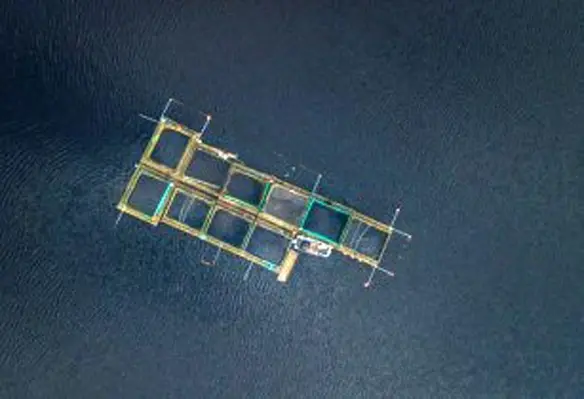Inmarsat, a specialist in mobile satellite communications, and Cobham SATCOM, a leading provider of radio and satellite communications solutions, have been awarded a new contract to connect 732 fishing vessels operating in the Maldives Economic Exclusion Zone to Inmarsats Fleet One maritime broadband service
Cobham's SAILOR Fleet One uses the existing Inmarsat-4 satellite constellation to deliver global voice and Internet connectivity via a compact, lightweight antenna and a simple installation process.
The agreement follows trials of Fleet One services and SAILOR Fleet One terminal from Cobham on board 15 vessels confirms that the performance exceeds the specifications for the new Vessel Monitoring System (VMS) under the Maldives Sustainable Fisheries Resources Development Project to improve monitoring, control and surveillance in the fisheries sector. The VMS project, agreed between Maldives-based Ooredooand the Ministry of Fisheries and Agriculture, is financed by the World Bank.
The five-year contract provides for the supply and maintenance of VMS, including Fleet One L-band satellite communications from Inmarsat, airtime and secure communications servers via Integrated Monitoring (IM) and Cobham SATCOM SAILOR antennas installed by Ooredoo.
Fishing is one of the main economic activities in the Maldives, second only to tourism, providing employment to more than 30% of the population. Launched in 2017, the Sustainable Fisheries Resource Development Project was followed in 2019 by the Maldives Fisheries Act, which prohibits several forms of unsustainable fishing gear, such as purse seiners, trawl nets and gill nets, and provides for licences to be granted only to vessels offering real-time tracking and those registered only in the Maldives.
Fleet One will support electronic catch documentation and traceability (ECDT) in the fight against illegal, unregulated and unreported (IUU) fishing. The Fisheries Act is also a formal act.
Maldives Fisheries Minister Zaha Waheed said, “It puts the maritime broadband infrastructure in place to monitor and manage operations, but also to support the welfare of those working at sea. In doing so, we have chosen technology that is reliable, scalable, progressive, cost-efficient and easy to use, and a group of partners with the track records to instill confidence. Successful implementation of the project would also mean that Maldives fulfill and go beyond the requirements established through the Indian Ocean Tuna Commission (IOTC).”




